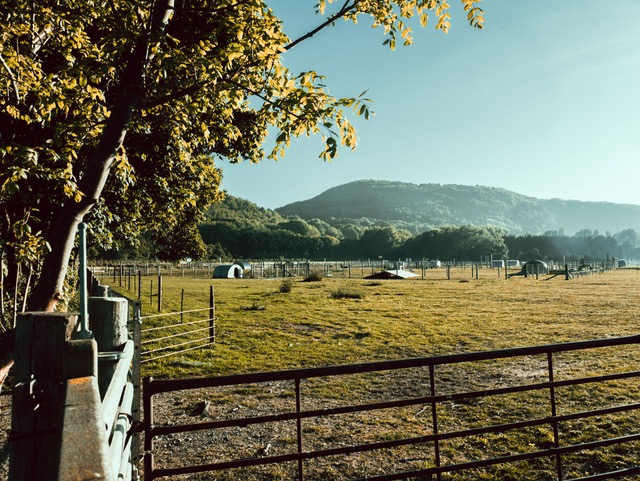For ten years Transition Bondi has run a monthly “Film and Feast” event featuring environmental documentaries and high calibre speakers.
In 2020 the theme of each event is focused on the solutions described in Drawdown: the most comprehensive plan ever proposed to reverse global warming, edited by Paul Hawken (Penguin 2017). In the Drawdown list of the top 80 solutions, number 11 is Regenerative Agriculture aka Regenerative Farming – the topic for Transition Bondi’s Film and Feast in May 2020. The “feast” part had to be imagined and “film and guest speaker” part was managed brilliantly via Zoom. Here is Kit Shepherd’s account:
We showed two films: one from a global perspective, Regreening the Desert by John Liu, and the other about four regenerative farmers in NSW, From the Ground Up by Amy Browne. In every case the message was that managing soil is even more important than managing stock. The soil is the foundation, its products are what we see and use. But without it in good condition, our consumption is destructive.
One of the key practices as a regenerative farmer is to rest the land after intensive grazing. To have stock constantly eating grass down to the soil surface prevents new grasses from growing. Apart from producing less feed, this practice of not resting grazing land, stops the sequestration of carbon in the soil (much needed at this time in Earth’s history). Overgrazing also destroys the structure of the soil. The end point of this is to create deserts.
One of the farmers in the Australian film, Charlie Maslin, was present with us on zoom to be part of Q & A. Charles Massey, author of Call of the Reed Warbler, was also featured in the film. The other two farmers were David Marsh (cattle grazing) and Tobias Koenig (bio-dynamic farming).
We heard about the importance of keeping water in the soil, creating ways to stop water flowing fast, and running off (plenty of ground cover, leaky weirs, chain ponds) and the impact on climate change that these practices could have. Allan Savory and Peter Andrews were other names mentioned and influential in this movement, and known for their books Holistic Management and Back from the Brink respectively.
Questions from the audience included these, with answers that were offered:
1. How can city folk support Regenerative Agriculture generally, and our local farmers?
- As citizens, inform yourself about the issues
- When you vote, support differentiation of product pricing, to incentivise these farmers
- As consumer, choose foods that are known to be grown in this way and pay the extra
- Know your farmers and buy from them
2. How does change come about in farming practices and what can we do to strengthen the practices?
- Through meeting crises and having to make change, and through personal contact: seeing is believing. New generations of farmers who are less set in their ways may be more open to these ideas and methods.
In June 2020 our Film & Feast will be on the topic of smaller-scale food production: citizen-supported agriculture, urban farming, backyard gardening with Permaculture and balcony gardens.
By Kit Shepherd, Transition Bondi May 2020

